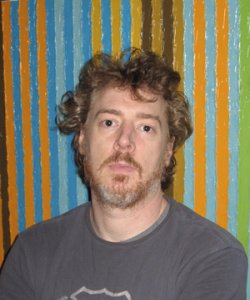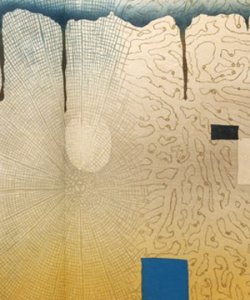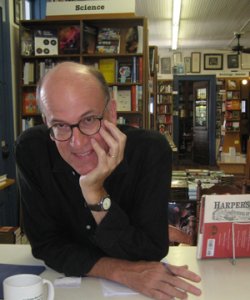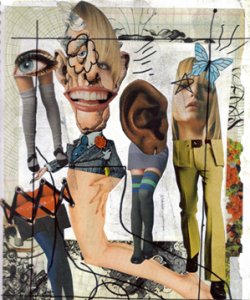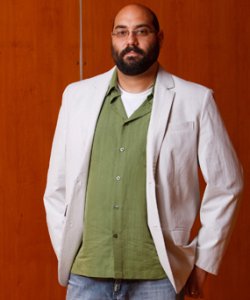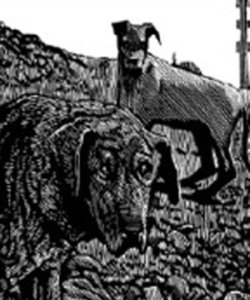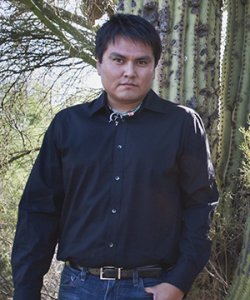Digital Digest: The Rise of the E-book Accelerates
It may not have been The Year Print Died, but 2009 will undoubtedly go down as the year digital literature became impossible to ignore. From celebrity authors' crowdsourcing stories through Twitter, to the proliferation of online publishing platforms, to the bruiting discord over the Google Book Search settlement, something new is plainly afoot in the publishing world, even if the ramifications for writers are still more a matter of conjecture than measurement.





